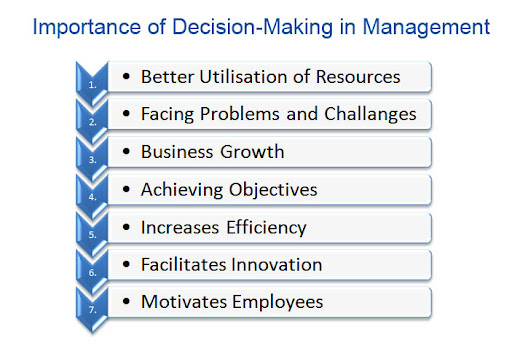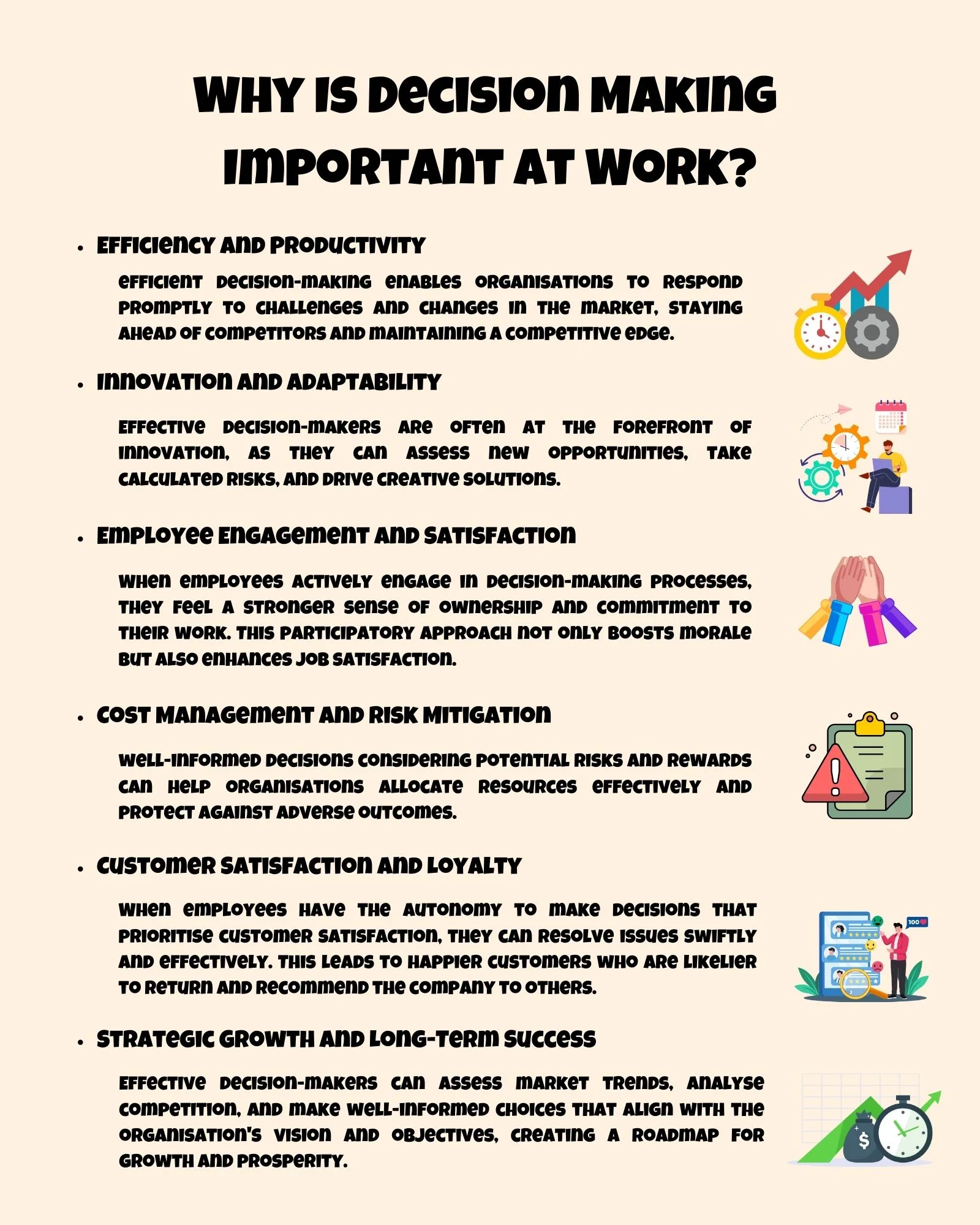Why Is Decision Making Important In An Organization
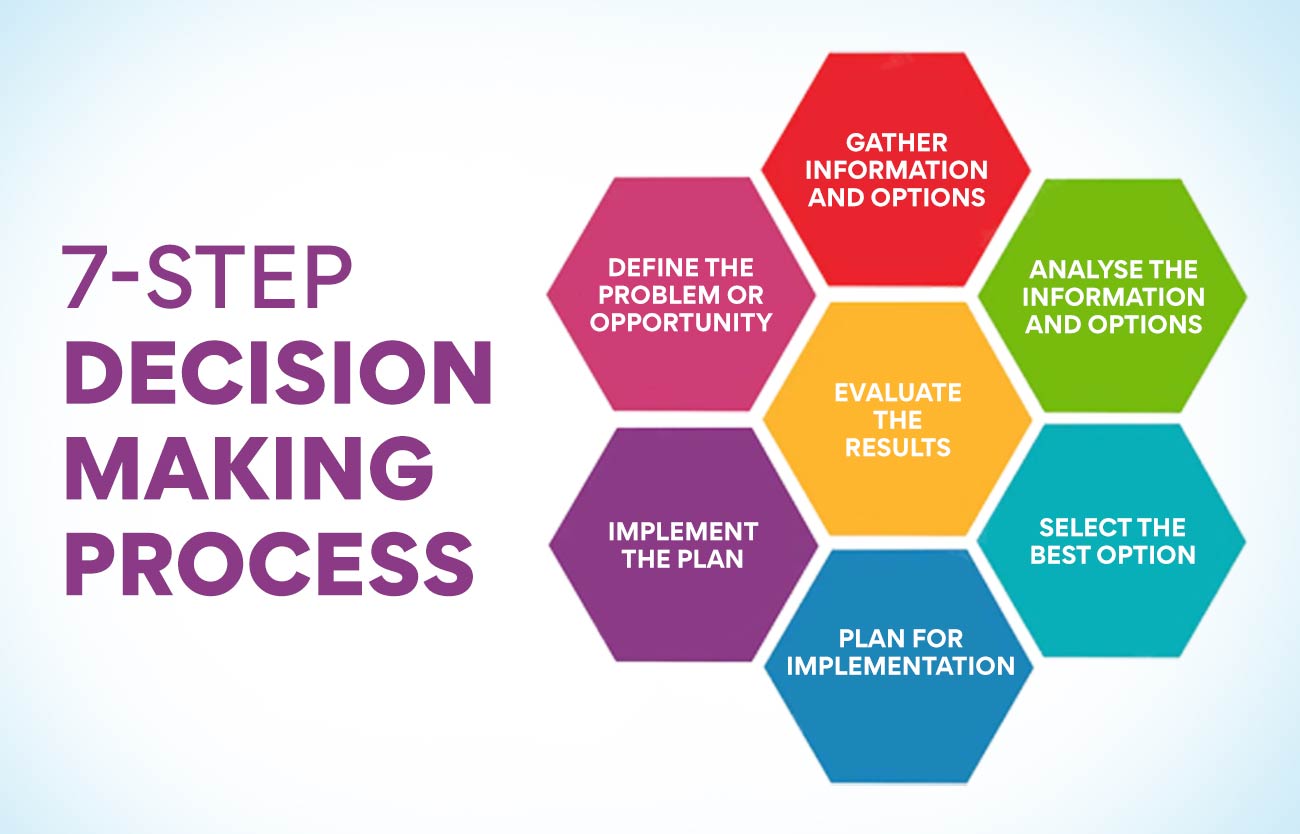
In the intricate machinery of any organization, from small startups to multinational corporations, the quality of decisions made at every level dictates its trajectory. These decisions, whether strategic or operational, are the lifeblood that sustains growth, navigates challenges, and ultimately determines success or failure.
The importance of decision-making within an organization stems from its pervasive impact on resource allocation, risk management, innovation, and overall performance. Effective decision-making processes, characterized by careful analysis, informed judgment, and stakeholder engagement, are crucial for achieving organizational goals and maintaining a competitive edge in today's dynamic environment.
The Ripple Effect of Organizational Decisions
Decisions made within an organization impact every facet of its operations. Strategic decisions, typically made by senior management, define the overall direction and scope of the business.
These include choices about market entry, product development, mergers and acquisitions, and major investments. A well-considered strategic decision can unlock new opportunities, while a flawed one can lead to significant losses.
Operational decisions, on the other hand, focus on the day-to-day functioning of the organization. They concern resource allocation, process optimization, and problem-solving within specific departments or teams.
Both strategic and operational decisions are interconnected and contribute to the overall performance of the organization.
Resource Allocation: The Foundation of Efficiency
One of the most critical areas where decision-making plays a pivotal role is in resource allocation. Every organization has limited resources – financial capital, human capital, and physical assets – that must be deployed effectively to maximize returns.
Decisions about resource allocation determine which projects receive funding, which departments receive staffing, and which initiatives are prioritized. Inefficient resource allocation can lead to wasted resources, missed opportunities, and reduced profitability.
Risk Management: Navigating Uncertainty
All organizations face inherent risks, ranging from market fluctuations to technological disruptions to regulatory changes. Effective decision-making is essential for identifying, assessing, and mitigating these risks.
Organizations need to make informed decisions about risk appetite, risk tolerance, and risk mitigation strategies. Failure to adequately manage risks can have severe consequences, including financial losses, reputational damage, and even organizational failure.
"The speed of change in today's business environment demands agile and informed decision-making at all levels of the organization," said Dr. Anya Sharma, a professor of management at the University of California, Berkeley, in a recent interview. "Organizations that can quickly adapt and respond to new challenges through effective decision-making are more likely to thrive."
Innovation: Driving Growth and Competitiveness
Innovation is the lifeblood of any organization that seeks to remain competitive in the long term. Decision-making is crucial for fostering a culture of innovation and for guiding the development of new products, services, and processes.
Organizations must make decisions about investment in research and development, the adoption of new technologies, and the empowerment of employees to experiment and take risks.
Successful innovation requires a willingness to embrace uncertainty and a commitment to learning from both successes and failures.
The Human Element: Engaging Employees in Decision-Making
While data and analytics play an increasingly important role in decision-making, the human element remains crucial. Engaging employees in the decision-making process can improve the quality of decisions, increase employee buy-in, and foster a sense of ownership.
Organizations that empower employees to make decisions at their level are more likely to be agile, responsive, and innovative. Encouraging open communication and collaboration can also help to surface diverse perspectives and challenge assumptions.
Conclusion
In conclusion, decision-making is a fundamental aspect of organizational success. It impacts resource allocation, risk management, innovation, and overall performance.
Organizations that prioritize effective decision-making processes, engage stakeholders, and embrace a culture of learning are more likely to navigate challenges, seize opportunities, and achieve their goals in today's rapidly changing world.
The ability to make sound decisions is not just a skill; it's a strategic advantage.
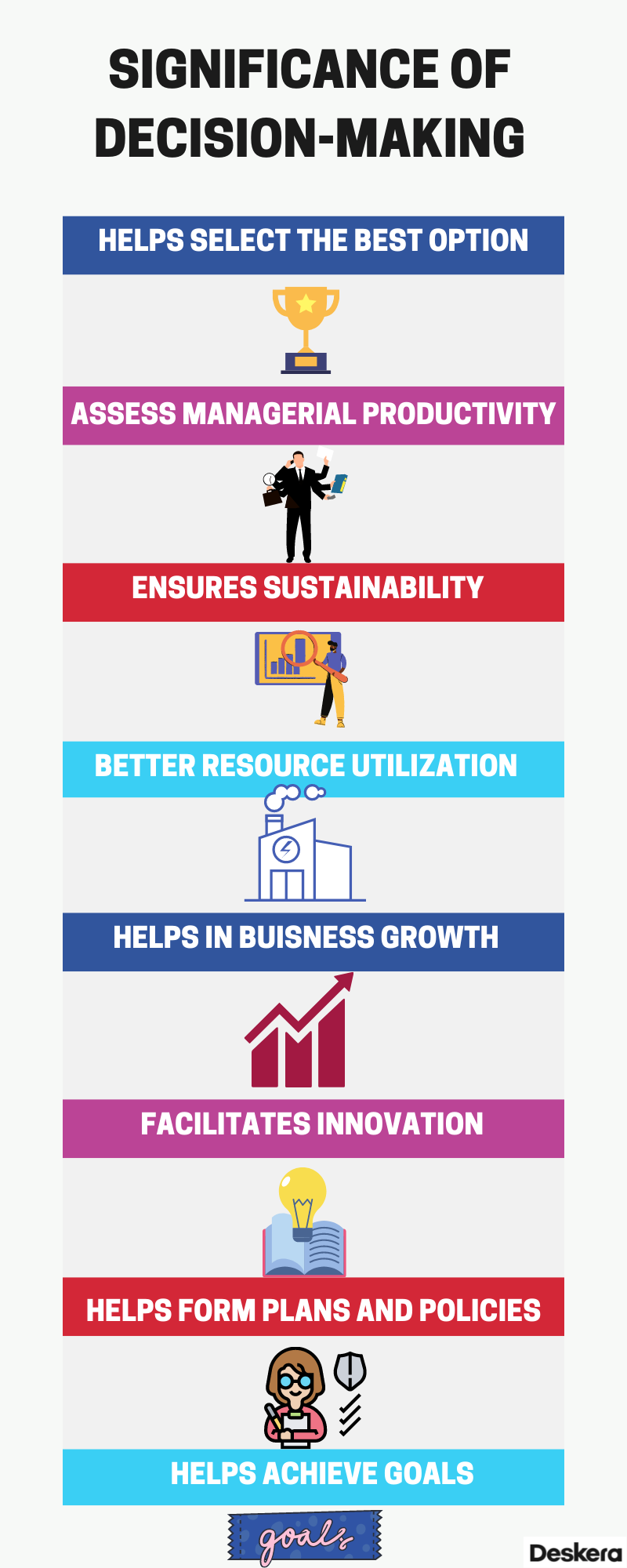

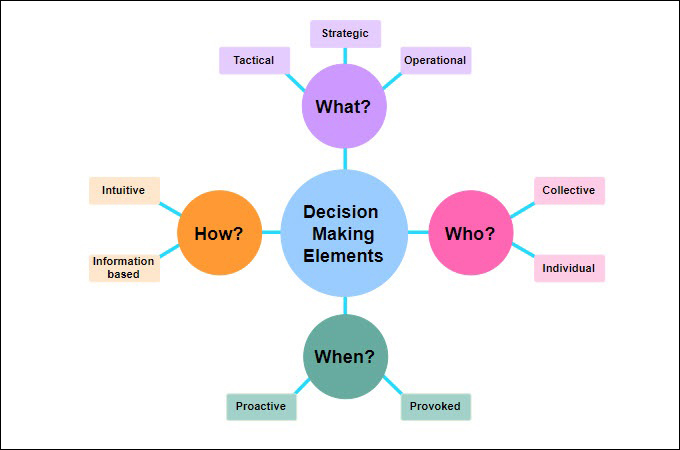




:max_bytes(150000):strip_icc()/decision-making-skills-with-examples-2063748-FINAL-5bad43d946e0fb002688e130.png)
